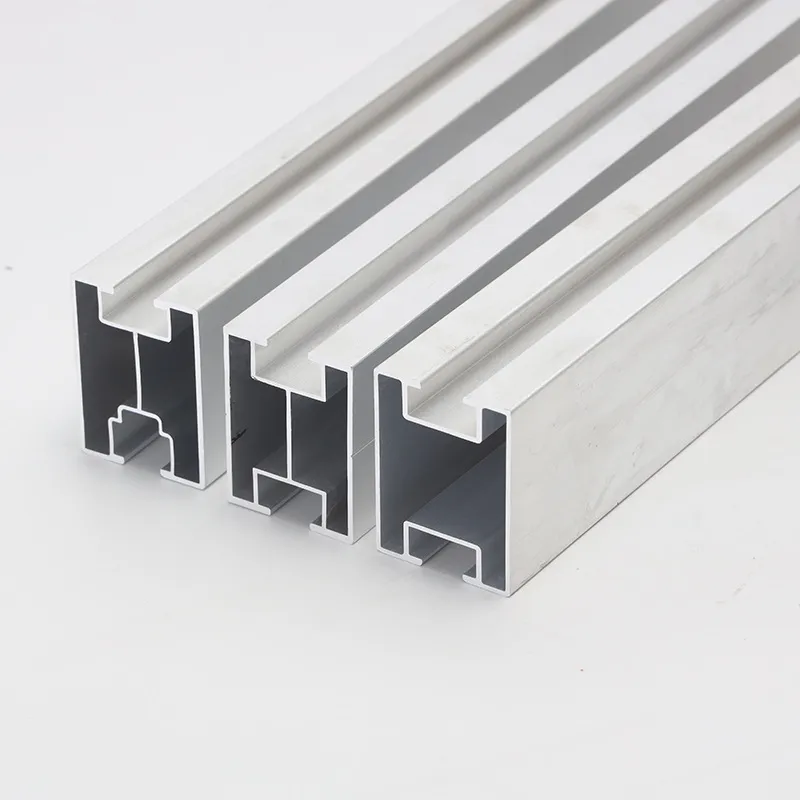

self-tapping screws optimized for efficient use with various plastic materials
Sep . 24, 2024 06:57 Back to list
self-tapping screws optimized for efficient use with various plastic materials
Self-Tapping Screws Designed for Use with Plastic Materials
In modern manufacturing and assembly processes, the use of self-tapping screws has become increasingly prevalent, especially in applications involving plastic materials. These specialized screws are engineered to create their own mating thread as they are driven into a substrate, facilitating a secure and stable fastening solution without the need for pre-drilled holes.
Self-tapping screws designed for plastics differ from their traditional metal counterparts in several key aspects. First and foremost, the geometry of the screw is tailored to accommodate the unique properties of plastic. For example, the threads on self-tapping screws for plastics are often a finer pitch compared to those used for metals. This design consideration is critical because it helps to minimize stress on the plastic material during installation, reducing the risk of cracking or deforming the substrate.
Moreover, the material composition of these screws is typically chosen to enhance their performance in conjunction with plastic. Many self-tapping screws for plastic applications are made from corrosion-resistant materials such as stainless steel or specially formulated polymers. This ensures longevity and durability, particularly in environments where exposure to moisture or chemical substances could compromise the integrity of the fastener.
self-tapping screws designed for use with plastic materials are

One of the primary advantages of self-tapping screws in plastic applications is the speed of installation. Unlike traditional screws that require the prior drilling of a hole, self-tapping screws can be quickly driven into place, significantly reducing labor time on assembly lines. This efficiency is particularly beneficial in high-volume production settings, where maximizing productivity is paramount.
Another significant benefit of self-tapping screws is their ability to create a strong mechanical bond without the need for additional fasteners or adhesives. The self-tapping action allows the screw to form a tight, snug fit within the plastic material, ensuring that components remain securely assembled even under stress. This is particularly important in applications such as automotive manufacturing and electronics assembly, where mechanical reliability is essential.
However, it's crucial to select the right type of self-tapping screw for the specific plastic material being used. Factors such as the type of plastic, thickness, and the intended load-bearing requirements must all be considered. Polypropylene, polycarbonate, and PVC are just a few examples of plastics that can benefit from the use of self-tapping screws, each requiring different screw designs and thread profiles for optimal performance.
In conclusion, self-tapping screws specifically designed for plastic materials represent a vital component in contemporary manufacturing practices. By offering enhanced installation speed, a secure fit, and reduced risk of material damage, these screws provide effective solutions for various industries. As technology continues to evolve, the development of more innovative self-tapping screws tailored for diverse plastic applications is likely to further revolutionize how plastic components are assembled, leading to even greater efficiencies and performance improvements in product design and manufacturing processes.
Latest news
-
Hot Dip Galvanized Bolts-About LongZe|High Strength, Corrosion Resistance
NewsJul.30,2025
-
High-Strength Hot Dip Galvanized Bolts - Hebei Longze | Corrosion Resistance, Customization
NewsJul.30,2025
-
Hot Dip Galvanized Bolts-Hebei Longze|Corrosion Resistance&High Strength
NewsJul.30,2025
-
High-Strength Hot-Dip Galvanized Bolts-Hebei Longze|Corrosion Resistance&High Strength
NewsJul.30,2025
-
Hot Dip Galvanized Bolts-Hebei Longze|Corrosion Resistance&High Strength
NewsJul.30,2025
-
Hot Dip Galvanized Bolts - Hebei Longze | Corrosion Resistance, High Strength
NewsJul.30,2025

